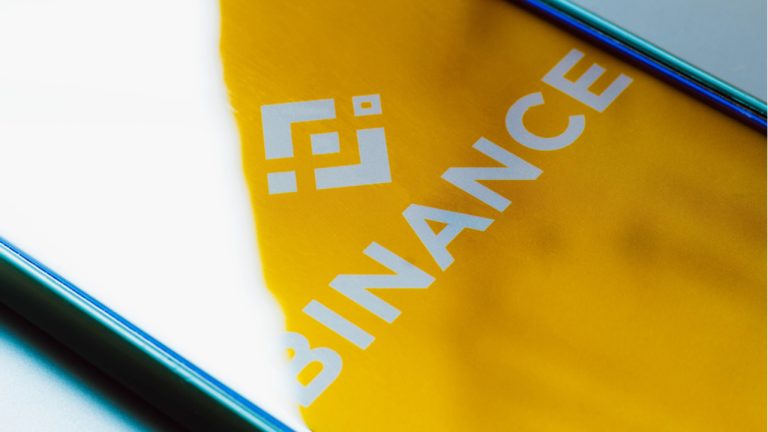
The move will allow Brazilian taxpayers to easily settle their tax liabilities, meanwhile expanding "access" to the digital asset ecosystem.
A major Brazilian bank is offering a new and convenient option for taxpayers to settle their dues using cryptocurrencies.
According to a statement published by Brazilian bank Banco do Brasil on Feb. 11, it is now “possible” for Brazilian taxpayers to pay their tax bill with crypto, in a joint initiative with Brazilian-based crypto firm Bitfy.
It is available to Brazilian’s who have their crypto under the custody of Bitfy, which will act as a “collection partner” for the major Brazilian bank.
It noted that besides the convenience it brings to customers, it could “expand” the use and access to the digital asset ecosystem with “national coverage," while having the comfort of a reputable bank providing consumer protection.
Lucas Schoch, Bitfy’s founder and CEO added that the “new digital economy is a catalyst for a future full of advantages.”
It was stated that crypto users will experience a straightforward process, as the tax details will be displayed, as will the equivalent amount of Reais, the official currency of Brazil, be converted into the chosen cryptocurrency.
Taxpayers will access their tax bill by scanning a barcode, similarly to how they pay “a boleto,” meaning “ticket,” a popular payment method in Brazil.
Related: Brazil could cement its status as an economic leader thanks to 2024 CBDC move
This move comes after Brazilian city Rio de Janeiro started accepting cryptocurrencies as payments for taxes in October 2022.
More recently in Dec. 2022, Brazil passed a regulatory framework that legalizes the use of cryptocurrencies as a payment method within the country.
The law will likely come into effect in June later this year.
Brazil’s citizens were previously told they would be required to pay taxes on like-kind crypto trades, for example swapping Bitcoin (BTC) for Ethereum (ETH), in May 2022.
However, not all crypto investors in Brazil need to declare their trades, with the regulator establishing that only investors who trade more than BRL 35,000 (approximately $6,711 US) in crypto should pay income tax.








